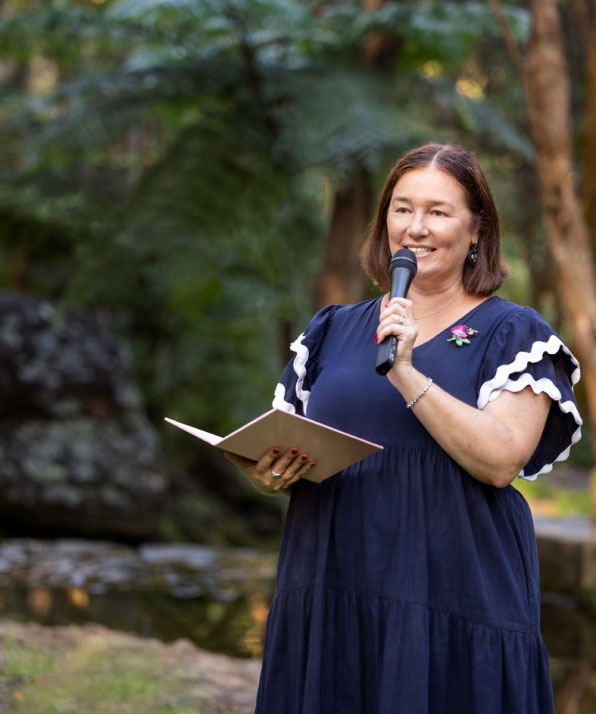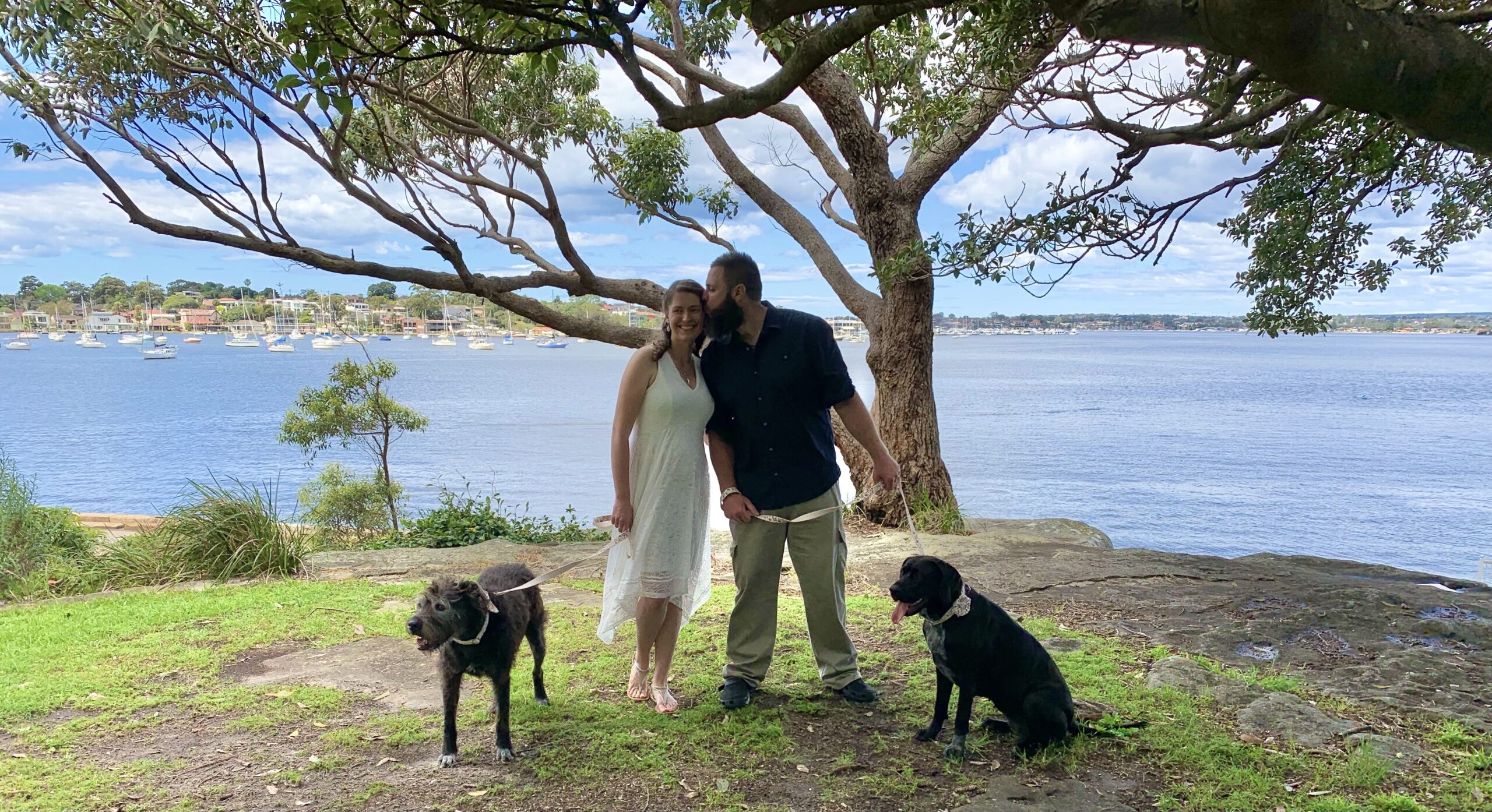An end of life doula is a non medical, non clinical role providing support, guidance, assistance and education to someone with a life limiting diagnosis or who may be at the end of their life. End of Life Doula’s also support family and friends with the caring responsibilities that come with looking after a person at the end of their life. The roles of an End of Life Doula are many and varied. Some of these roles may include advocacy, death preparedness, improving death literacy, vigiling, grief and bereavement or providing information and resources.
Advocacy
End of Life Doula’s are often the “voice” for a person who can no longer advocate for themselves. This enables the rights and wishes of the person to be carried out according to their cultural beliefs and values. This allows for a person to have choice and chose and end of life transition that is meaningful to them.
Death preparedness
Death preparedness starts with putting together your legal and estate affairs. A will is a common legal document someone prepares which documents how their estate should be managed and by who, funeral arrangements including body disposal and other wishes to be carried out on behalf of a deceased person. Other useful legal documentation includes an Advanced Care Plan, Enduring Power of Attorney, Enduring Guardianship and an Enduring Medical Power of Attorney. I would also recommend creating a document with important information such as passwords, bank account details, email accounts, people you would like informed of your death, phone numbers and so on. There are some amazing resources to assist with compiling this information such as “The Bottom Drawer book”.
Death literacy
Being death literate means feeling empowered to engage comfortably in conversations about death and dying, making informed decisions regarding end of life care, and providing support to others through the dying process.
Talking about death and dying helps us to reduce fear and stigma around an event we will all be touched by in our lifetime. Being death literate means we are able to have a more open dialogue with our friends and family about our end of life transition.
Each month I host a free community event “Death Curious Conversations” where a small group of people come together to discuss all aspects of death, dying and bereavement.




